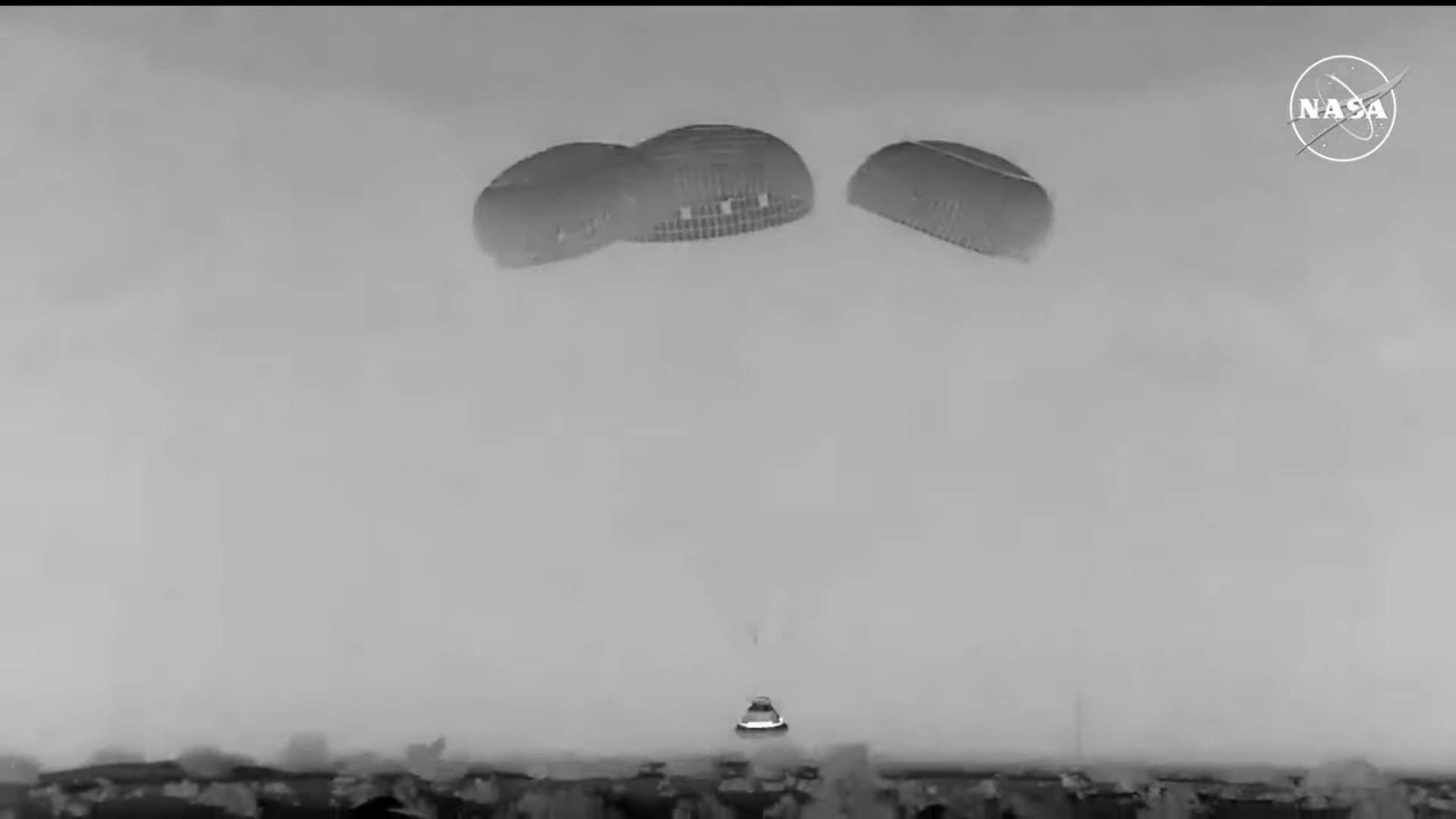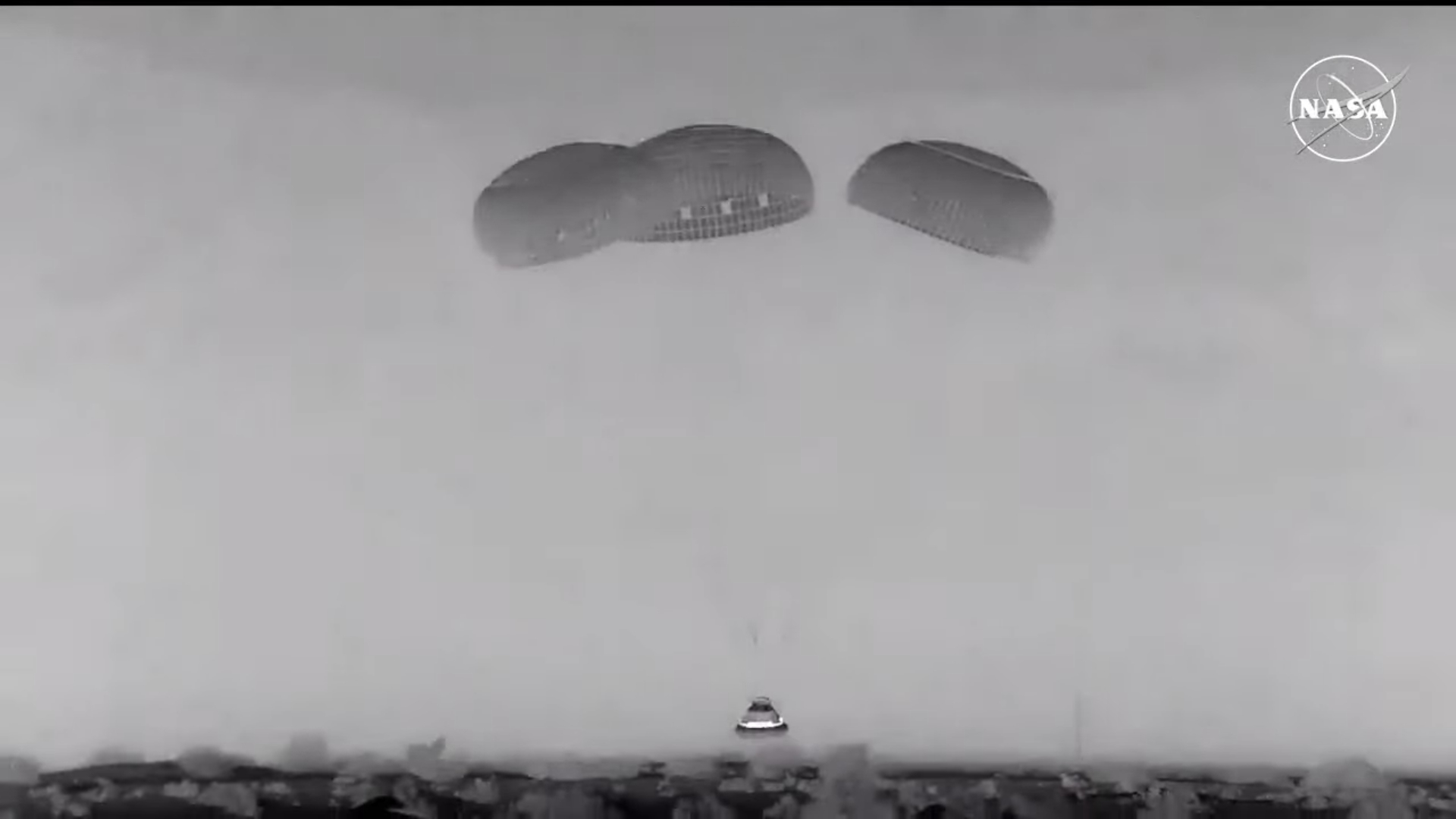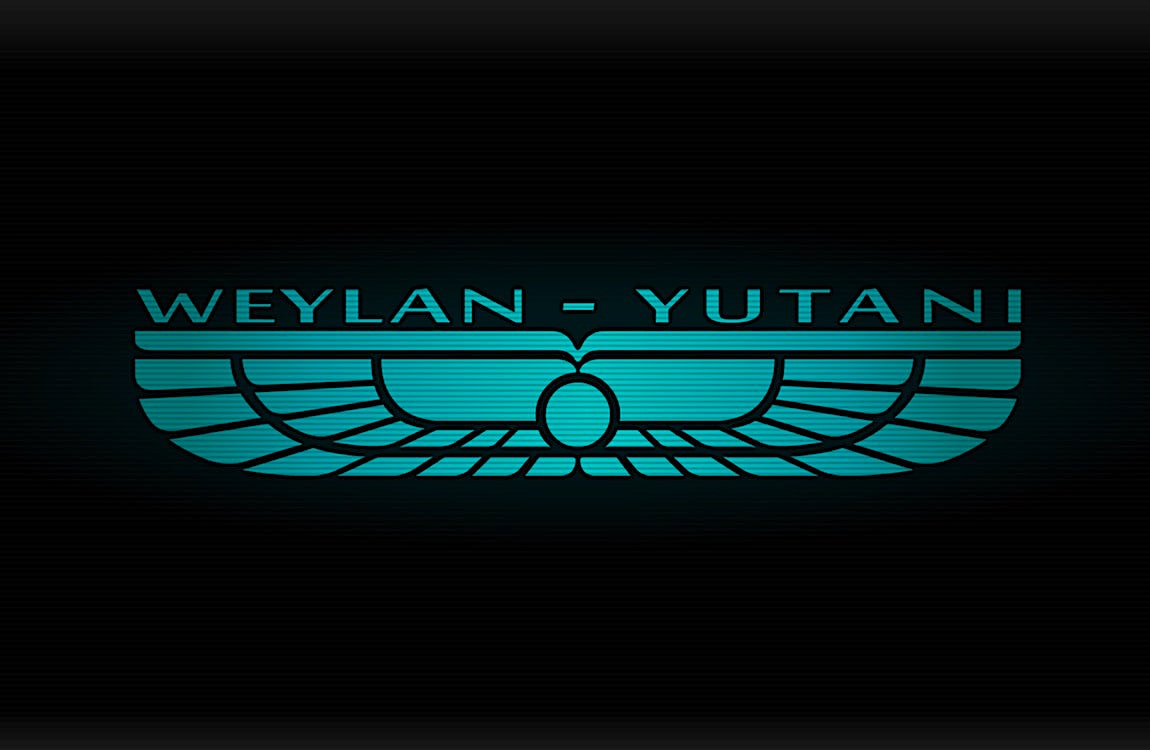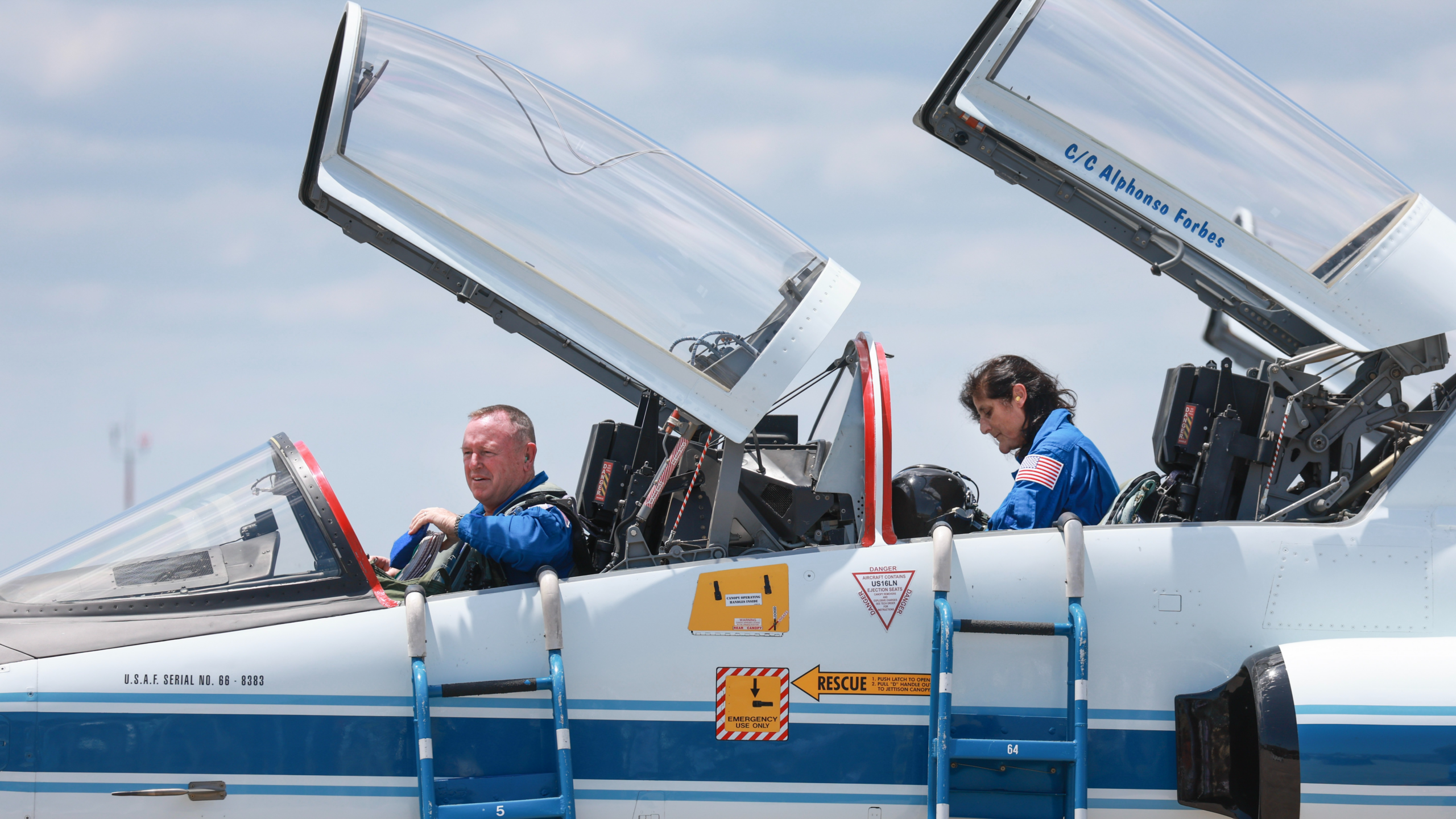NASA is still unsure when it will next put astronauts on Boeing’s Starliner spacecraft, which experienced issues during its first crewed test flight this summer.
Starliner‘s next “potential” crewed mission to the International Space Station (ISS) in 2025 “will be determined once a better understanding of Boeing’s path to system certification is established,” NASA officials wrote in a statement on Tuesday (Oct. 15).
NASA and Boeing are still reviewing the requirements for Starliner’s certification, after propulsion problems arose on the first test flight with astronauts, which launched on June 5, agency officials added. “NASA will provide more information when available,” the agency added.
The launch of Starliner’s first astronaut mission, called Crew Flight Test (CFT), went to plan, but docking with the ISS on June 6 was troublesome. Five out of 28 thrusters in the capsule’s reaction control system had issues in the leadup, causing a delay. CFT astronauts Butch Wilmore and Suni Williams of NASA ended up arriving safely at the orbiting lab, but their planned 10-day mission was extended repeatedly as engineers troubleshot the issues.
Related: Astronauts would have been fine on Boeing’s Starliner during landing, NASA says
Extensive ground and space testing did not sufficiently allay NASA’s concerns, so Starliner departed without astronauts and landed autonomously on Sept. 6. Wilmore and Williams remain onboard the ISS and have been reassigned to come home on a SpaceX Crew Dragon capsule in February 2025. That Crew Dragon launched on SpaceX’s Crew-9 mission last month, carrying two astronauts instead of the usual four to make room for the Starliner duo.
Propulsion issues with Starliner also arose on its two uncrewed test flights in 2019 and 2022, which NASA and Boeing both thought were resolved prior to flying Williams and Wilmore.

Before the CFT propulsion issues arose, the first operational mission of the Boeing spacecraft — known as Starliner-1 — was expected to fly in 2025. Assigned so far to the Starliner-1 mission are NASA astronauts Scott Tingle and Mike Fincke, and Canadian Space Agency astronaut Joshua Kutryk.
NASA’s update did not provide information on the crew’s status should Starliner require a second test flight with astronauts, or if the program otherwise significantly changes.
In past discussions with reporters, NASA officials have said they are trying to determine if Starliner performed well enough on CFT to meet the certification requirements to fly operational ISS missions like Starliner-1.
NASA released the update on Starliner operations amid a longer discussion about ISS crewed flights in 2025. As the agency stated before, SpaceX’s Crew-10 mission — the 10th operational astronaut flight by the company — will fly in February 2025. On board will be NASA astronauts Anne McClain (commander) and Nichole Ayers (pilot), along with mission specialists Takuya Onishi from JAXA (the Japan Aerospace Exploration Agency) and Kirill Peskov, from the Russian space agency Roscosmos.
Crew-11 will then perform the next space station rotation no earlier than July, NASA added in the update. The four-astronaut crew for that mission has not yet been announced.
Crew-9 is expected to return home in February 2025, with Williams, Wilmore and astronauts Nick Hague (NASA) and Aleksandr Gorbunov (Roscosmos). Former Crew-9 astronauts Nicole Stott and Stephanie Wilson are eligible for future ISS missions following their last-minute removal from the mission in September.



